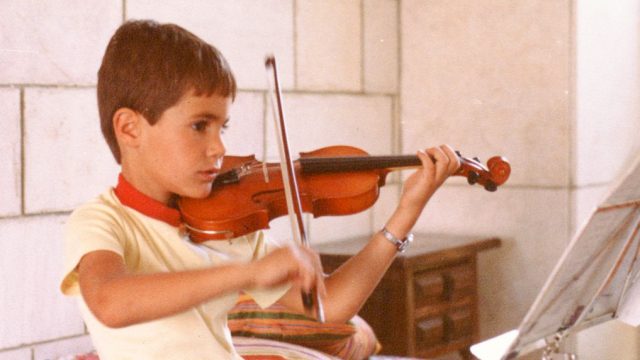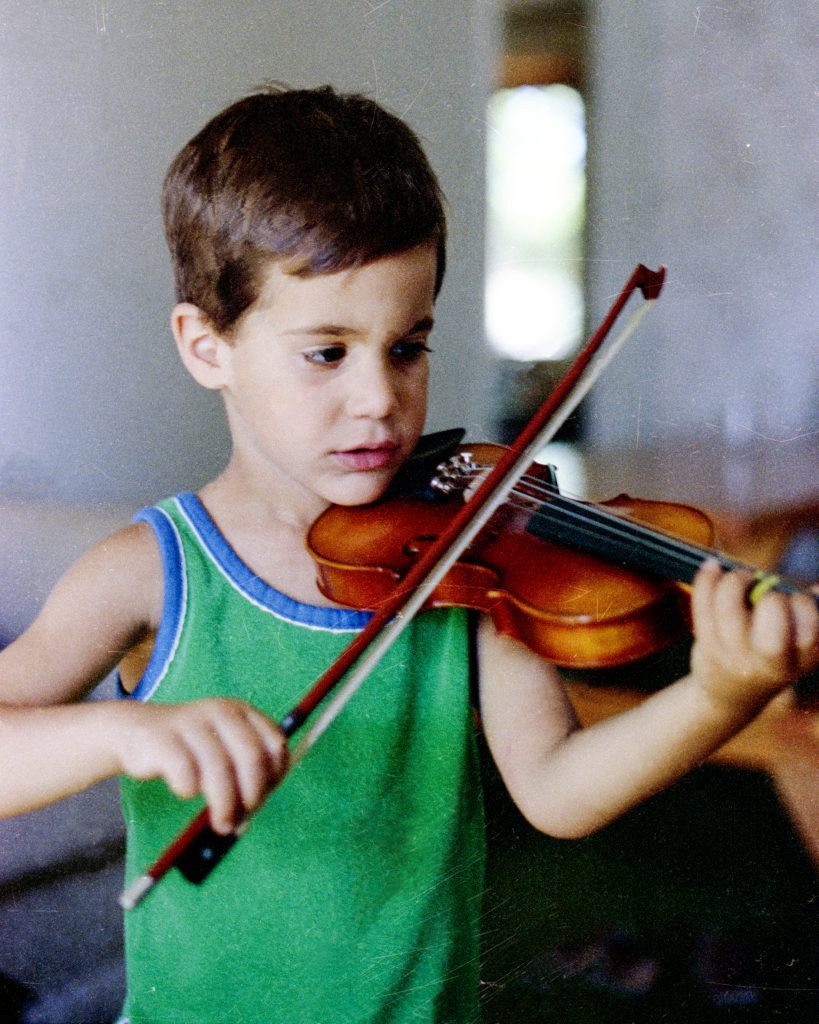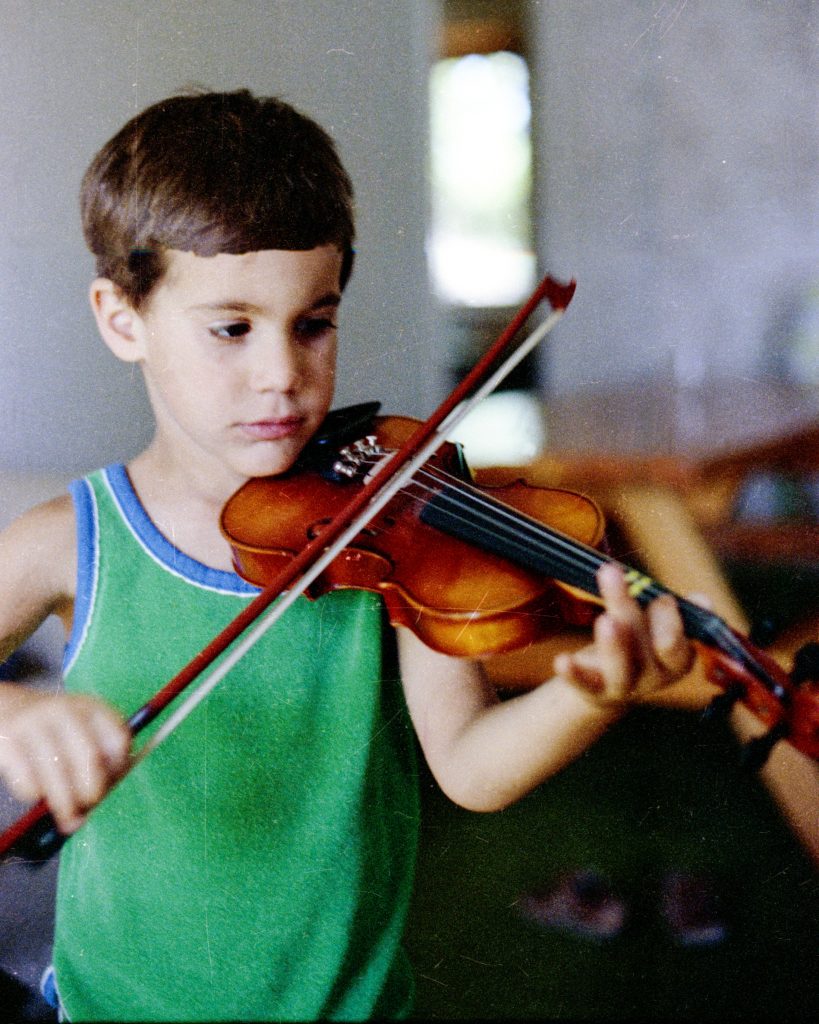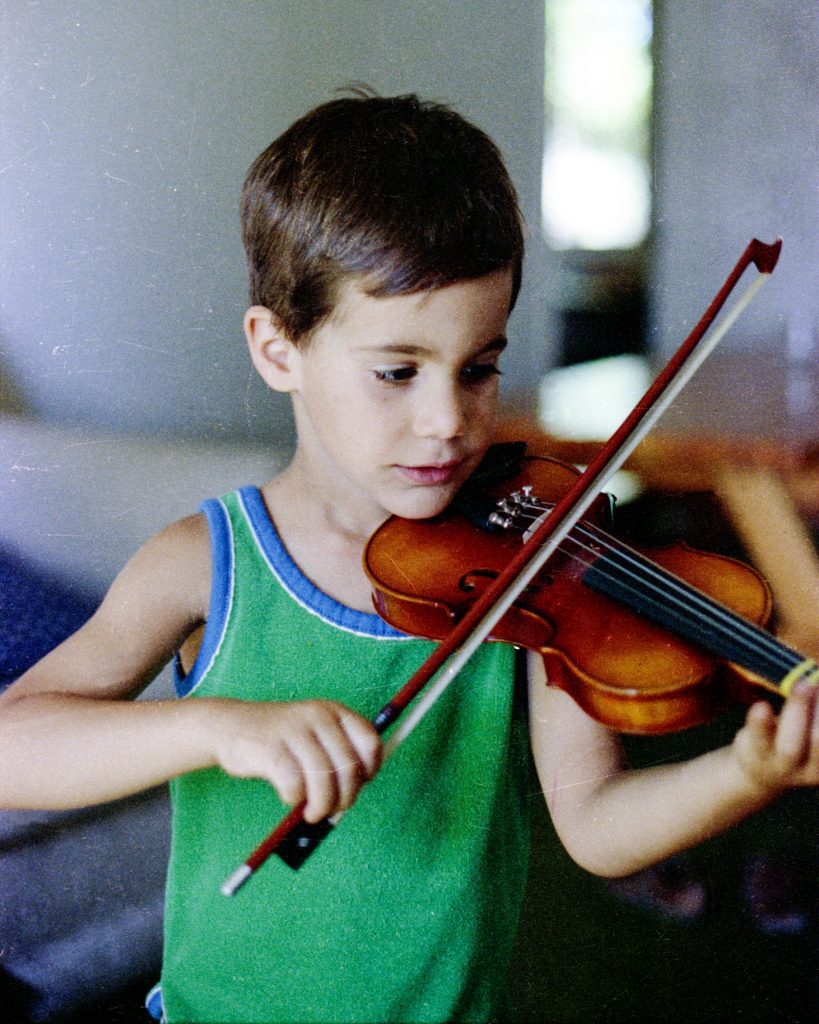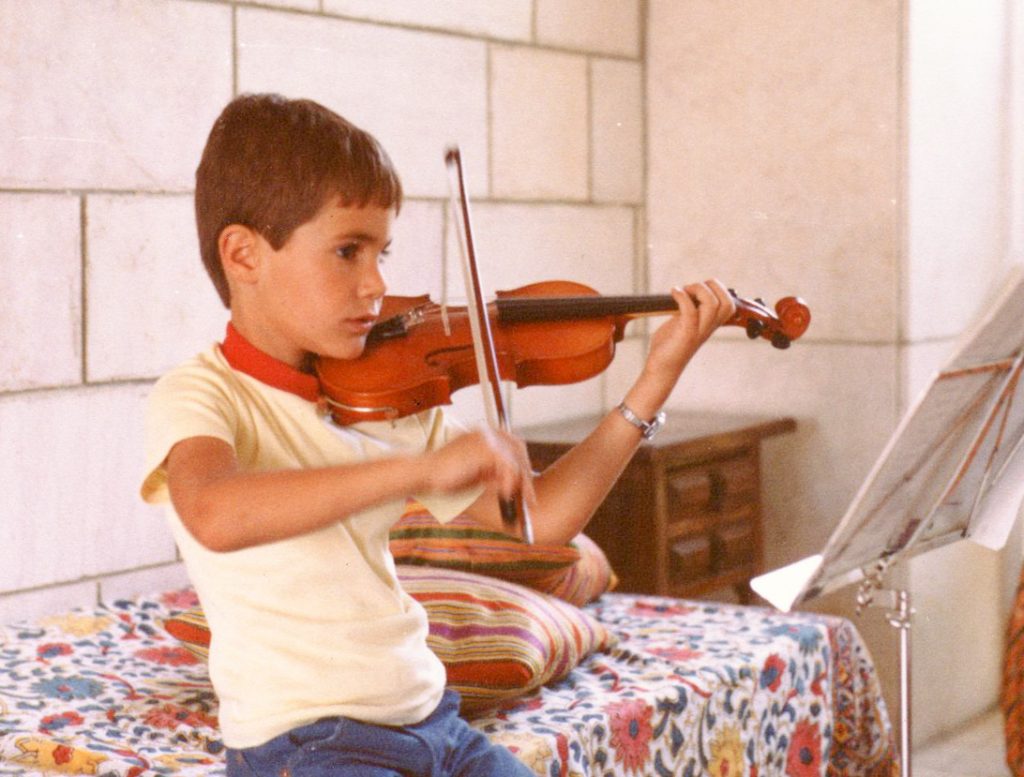As something of both a thinker and an archivist, I have always felt compelled to commit my thoughts to writing. I began journaling as a pre-teen and accumulated almost half a million words by age 30, at which point I took a friend’s advice and began blogging instead. When I had an idea I usually found it easy to expound it to my satisfaction in short order. But over the last decade this ability has degenerated. Today I have dozens of notes and drafts that have not made it to a finished post. I struggle to organize, articulate, and elaborate my thoughts. They’re stuck in my head in a state somewhere between jumbled notions and coherent exposition. The posts that do make it onto my blogs are usually the less-than-satisfying product of a long struggle at wordsmithing. I imagine that this is what it feels like to have a debilitating stroke: I remember being able to do something with facility that I can now only do with halting effort. I can see that I have become dumb.
When it comes to things like math and computer programming I have always been considered “smart.” When I interact with people who struggle with those activities I have often wondered how much of what we call “smarts” is the presence of intelligence as opposed to the absence of impairment. My skill in those arts often seems like clarity in comparison to the clouds and confusion that seem to beset those who struggle. From that perspective I do not feel intelligent so much as I feel unimpaired.
Looking at the state of my verbal skills I feel impaired. My awareness of this impairment has been piqued as I have begun reading Scott Alexander’s blog: That is a guy who can draw and weave every thread on a topic into a crisp expositional tapestry. Where my thoughts are a jumble of fraying twine he writes with supreme clarity. Another blogger explained better than I could just how brilliant a writer Alexander is:
At his best, he hits some strange triple point, previously undiscovered by bloggers, where data, theory, and emotion can coexist in equilibrium. Most writing on topics as abstract and technical as his struggles just not to be dry; it takes effort to focus, and I need energy to read them. Scott’s writing flows so well that it somehow generates its own energy, like some sort of perpetual motion machine.
https://jasoncrawford.org/guide-to-scott-alexander-and-slate-star-codex
